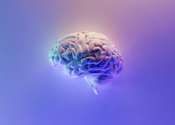Study unveils new protein-related changes in the brain of patients with Alzheimer's disease
Researchers at Emory University School of Medicine have recently carried out a large-scale analysis of the brains of patients with Alzheimer's disease (AD). Their findings, published in Nature Neuroscience, unveiled a series ...









